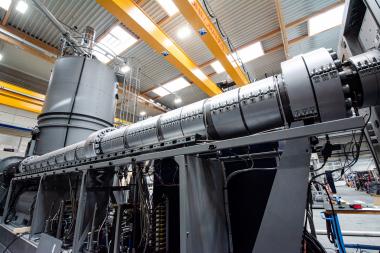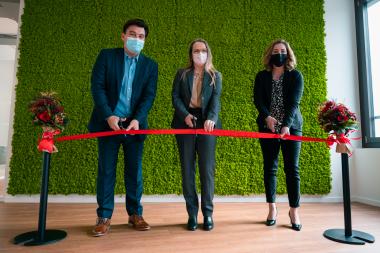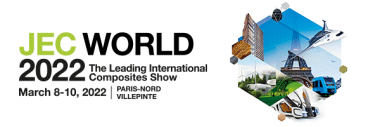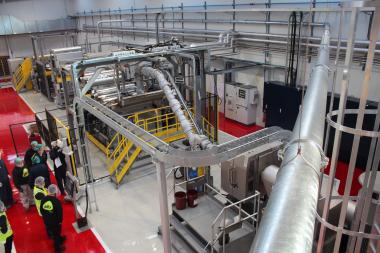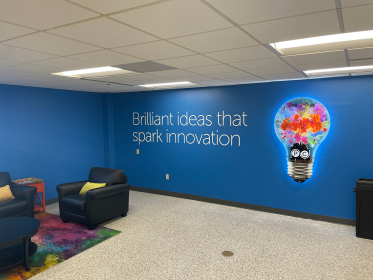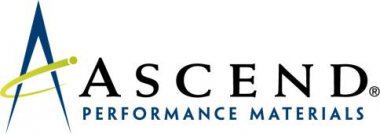Indorama Ventures awarded by EcoVadis and ChemScore
Indorama Ventures Public Company Limited (IVL), a global sustainable chemical company, has been awarded the Platinum Medal by EcoVadis Sustainability Assessment. The company also achieved first place in ChemScore, which ranks the world’s 50 largest chemical companies’ environmental credentials.
EcoVadis, a leading rating agency focusing on sustainability in the supply chain, awarded IVL its Platinum Medal, one of the highest awards for sustainability performance. IVL ranked in the top 1% of all companies assessed worldwide, with above industry-average performances in all four assessment areas, including environment, labor & human rights, ethics and sustainable procurement. IVL has continuously improved its ranking over five years, from the top 3% that it achieved in 2017.
ChemScore, which assesses one of the world's biggest chemical companies’ environmental impact and management of hazardous chemicals, is a respected sustainability benchmark in the chemical sector. IVL ranked 1st among 50 chemical companies accessed.
Mr. Yash Lohia, Chief Sustainability Officer at Indorama Ventures, said, “Recognition by EcoVadis and ChemScore marks another milestone in IVL's sustainability journey. We view sustainability not only within our business, but also across our supply chain. Working with suppliers to improve practices and supporting our customers to achieve sustainability targets helps build the sustainability mindset throughout our sector. This collective action contributes toward the UN Sustainable Development Goals (SDGs). The awards are dedicated to our teams as they continue to do better in achieving our vision of being a world-class sustainable chemical company making great products for society.”
Indorama Ventures Public Company Limited



















